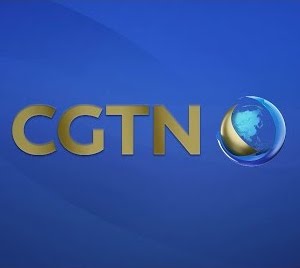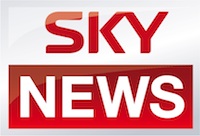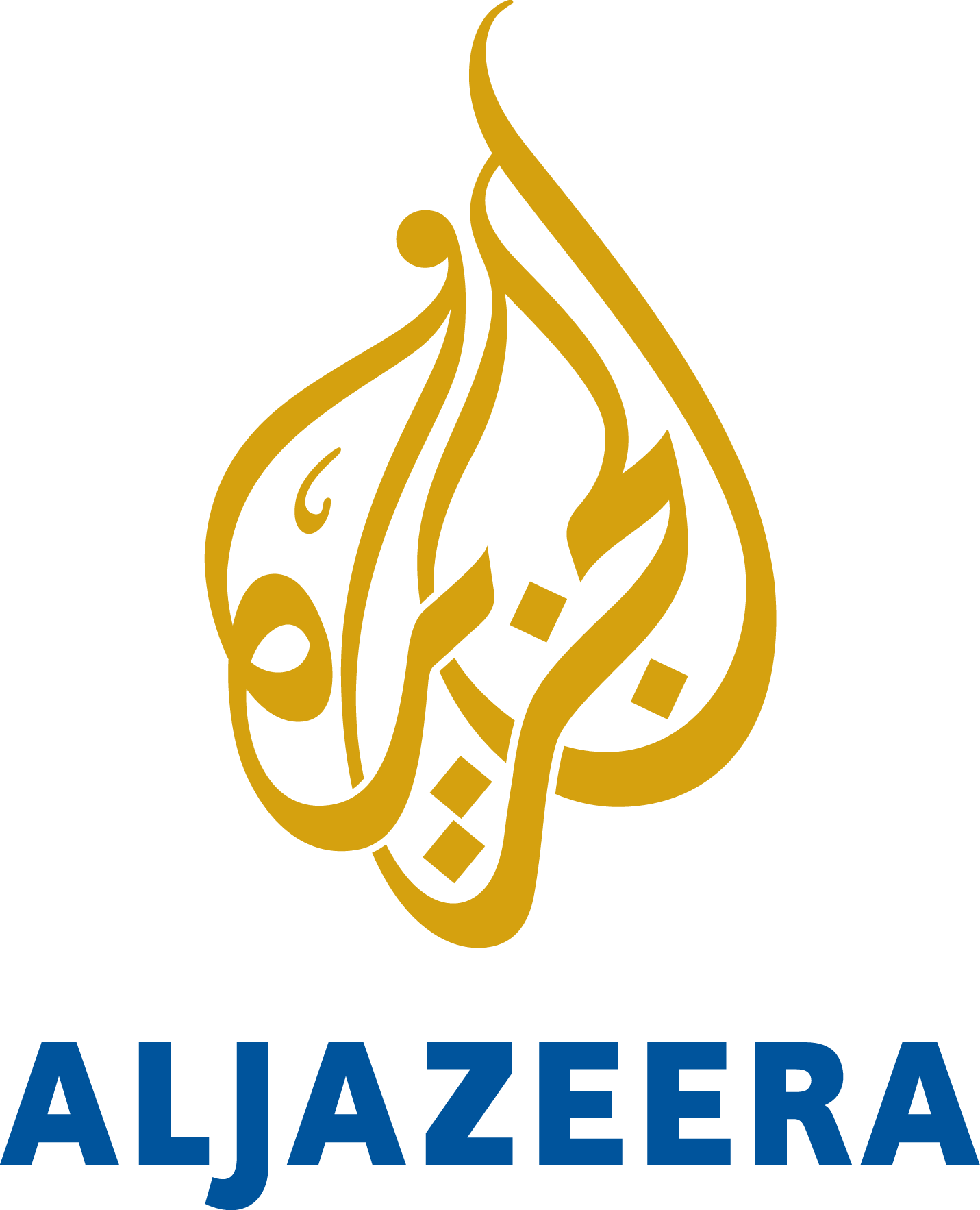Editorial: Lebanon's IMF charade
 The IMF must not get sucked into this game of musical chairs. They must walk away now, and call out by name those responsible for the corruption, nepotism, and malfeasance that has brought Lebanon to ruin. Only when that cabal has been discredited can real technocrats begin to rebuild the economy and save the country from complete collapse.
The IMF must not get sucked into this game of musical chairs. They must walk away now, and call out by name those responsible for the corruption, nepotism, and malfeasance that has brought Lebanon to ruin. Only when that cabal has been discredited can real technocrats begin to rebuild the economy and save the country from complete collapse.
full text:
Lebanon is in dire straits. For decades, the country has suffered from endemic corruption and nepotism. Politicians squandered millions on business deals that lined their pockets while neglecting development and impoverishing the country.
Nonetheless, the Central Bank always managed to attract enough capital investment to keep the economy afloat, using a combination of charm, financial craftiness, and borderline Ponzi schemes. But the party is over. Lebanon’s monetary house of cards has collapsed.
The Lebanese lira has lost over 80% of its value, more than half of which has been in the past month alone. The hyperinflation trend recalls the worst days of the country’s 15-year civil war. A salary that supported a comfortable lifestyle just a few months ago can now barely afford basic goods, as the country depends so heavily on imports. The middle class has been decimated, and hundreds of thousands more risk hunger, since the scarcity of foreign currency will soon mean shortages of flour, fuel, and other essential goods.
Facing this economic abyss, the country sought the help of the International Monetary Fund. But when the IMF mission turned up in Beirut for discussions on a potential deal, they found only careless Lebanese politicians unworthy of a bailout without significant “adult supervision.”
Sitting across the table from the IMF is a so-called “specialist” government installed in January ostensibly in response to months of anti-corruption street protests. In reality, its ministers remain beholden to politicians who led Lebanon to its current state of ruin. IMF sources privately lamented the difficulty of dealing with interlocutors hobbled by the perpetual taint of malfeasance and nepotism.
Prime Minister Hassan Diab attempted to look the part of a competent technocrat, an impossible task when constrained by his corrupt puppet masters who insist on business as usual. Tenders for oil importation were re-awarded to politically-connected firms that have imported dirty fuel for years. The national electricity company, a recipient of $2 billion of annual subsidies, provides only a few hours of power a day despite employing thousands of cronies of parties backing Diab’s government.
To reassure a skeptical public, Diab has been keen to showcase “negotiations” with the IMF, as if he is in control of the situation. That is a fantasy of self-aggrandizement sadly typical of Lebanese leaders. The IMF mission is not negotiating, but rather collecting data to see if Lebanon is even worth the fund’s time or effort.
The reforms that would accompany an affirmative decision offer Lebanon many benefits. They could force the long overdue downsizing of public companies. They could reduce tax avoidance and ensure prompt collection of utility bills. Crucially, compliance with IMF demands could provide reluctant politicians with the cover they need to fire corrupt party stalwarts from cushy jobs. The IMF will also not tolerate cronies’ selective exemption from import duties or access to slush funds purportedly dedicated to regional development.
This sounds like music to the ears of international stakeholders, including other reluctant donors. But Diab’s government doomed the talks from the start with its unprofessional attitude and behavior.
First, they applied for aid under programs designed for low-income countries, when Lebanon is clearly classified as middle-income. That is roughly equivalent to spelling one’s name incorrectly on a job application. Then they requested a total loan of $10 billion, over 12 times Lebanon’s established Fund quota of $800 million – an amount unheard of by today’s IMF standards. Again, as arrogant as it is amateurish. Furthermore, IMF media monitors were alarmed by the indiscreet tweeting of Lebanese team member Henri Chaoul, which eventually led to his resignation.
Hopes for a deal are fading fast, judging by the unenthusiastic statement given by IMF Managing Director Kristalina Georgieva 2 weeks ago. A day later, longtime Finance Ministry director Alain Bifani resigned, citing “forces of darkness and injustice.” The Lebanese press has been reporting on IMF delegation head Martin Cerisola’s exasperation with the lack of progress. Meetings have all but completely ceased.
The IMF’s “adult supervision” that would cut the egos of the Lebanese politicians down to size is badly needed. But that is exactly why they will sabotage the deal. They have no interest in implementing reforms that will kill their cash cows.
Worse yet, those same wily politicians who bankrupted Lebanon for the past 3 decades are merely using the IMF in a cynical political game of musical chairs. They will blame the interim government for the IMF debacle and attempt to come back to power without the facade of technocracy.
The IMF must not get sucked into this game. They must walk away now, and call out by name those responsible for the corruption, nepotism, and malfeasance that has brought Lebanon to ruin. Only when that cabal has been discredited can real technocrats begin to rebuild the economy and save the country from complete collapse.
















